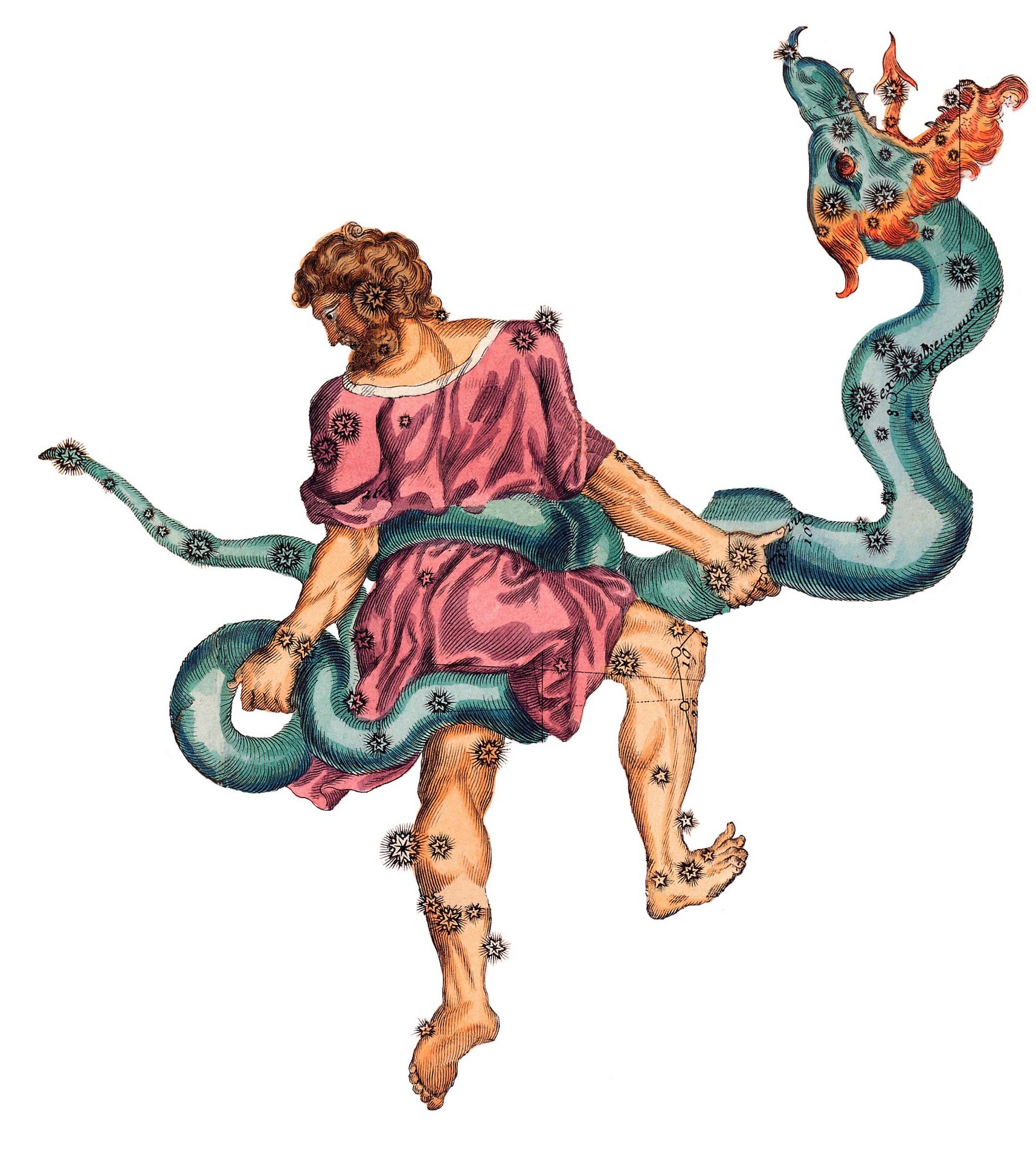Historical Origin of the Constellations
Most constellations visible from the northern hemisphere originated from the Greeks, as recorded by Ptolemy in his first century book, The Almagest. Coma Berenices and Crux were added around 1603 and Plancius added Camelopardalis and Monoceros in 1613. In 1690, Hevelius added Lacerta, Leo Minor, Lynx, Scutum, Sextans and Vulpecula. At the very end of the 1600’s, the Dutchmen, Pieter Dirkszoon and Frederick de Houtman created 12 southern hemisphere constellations, namely: Apus, Chamaeleon, Dorado, Grus, Hydrus, Indus, Musca, Pavo, Phoenix, Triangulum Australe, Tucana and Volans. In 1756, the Frenchman Nicolas Louis de Lacaille added the last 14 of the southen hemisphere constellations, namely: Antlia, Caelum, Circinus, Fornax, Horologium, Mensa, Microscopium, Norma, Octans, Pictor, Pyxis, Reticulum, Sculptor and Telescopium. He also split the extremely large constellation, Argo Navis (Ship Argo, sailed by Jason and the Argonauts), into Vela, Puppis and Carina.
Trivia
1) Serpens, the Snake, is the only constellation split between two parts of the sky. The Snake is being held by Ophiuchus and lies across his body. The tail, known as Serpens CAUDA is located to the east or left of Ophiuchus and the head, known as Serpens CAPUT, is located to the west or right of Ophiuchus. 2) Technically, Ophiuchus is the 13 constellation of the zodiac because part of its boundary (and foot) crosses the ecliptic. 3) Crux occupies the least area in the sky and Hydra the most area.
Latin Genitive
Genitive refers to a grammatical case resulting in a spelling variation of a word that indicates or implies a relationship of possession. Genitives are not used in modern English. Where they exist, they are a holdover from Latin and other languages. Genitives of the constellations are still used today in conjunction with the Bayer letters, Flamsteed numbers or similar designation to “name” stars. For example, the “alpha” star in Orion, as asigned by Bayer, but best known as Betelgeuse, could also be referred to as alpha Orionis, where Orionis is the genitive form of Orion, indicating possession of the alpha star. Betelgeuse can also be indicated as 58 Orionis when referring to it by its Flamsteed number. Most of us have heard of Alpha Centauri, one of the closest stars to us. This is its gentitive name using its Bayer letter designation. This star is also commonly called by its name, Rigel Kentaurus.

Ophiuchus and Serpens